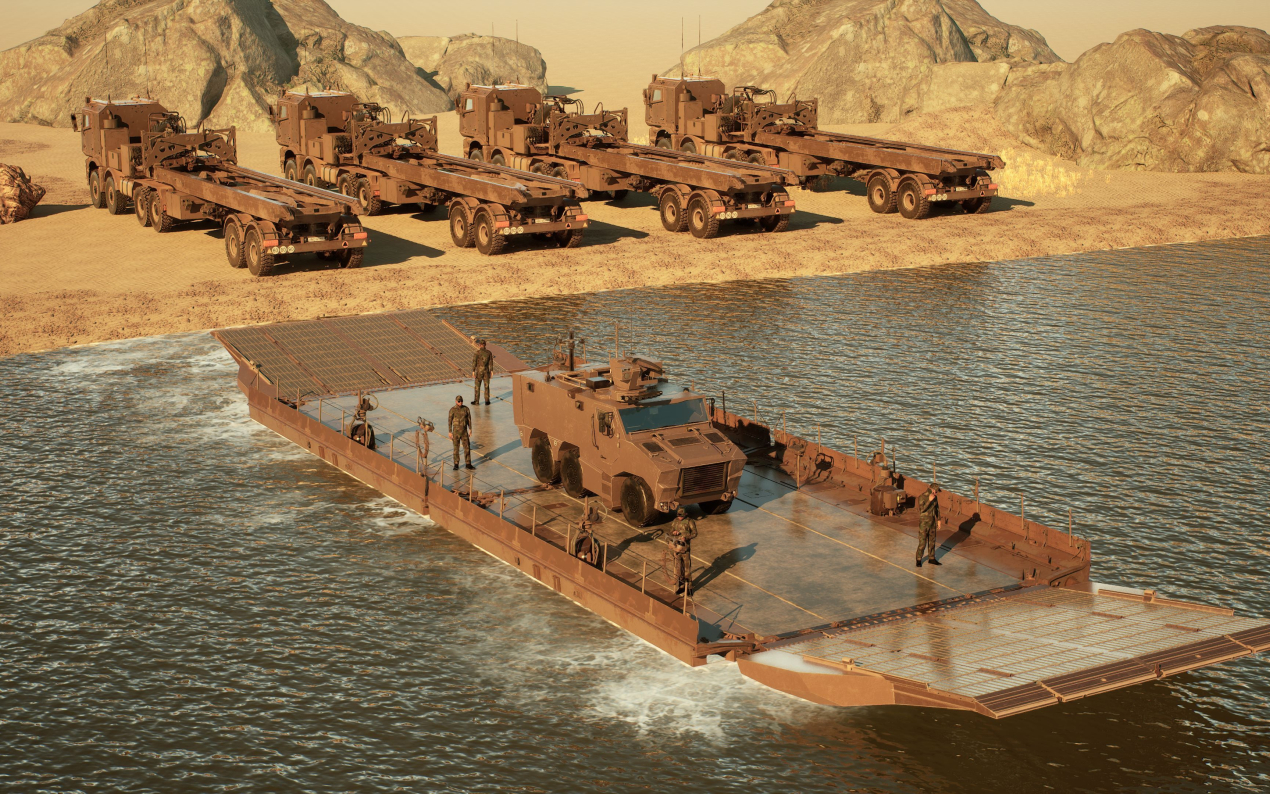Anti-missile defence is essential to the Indian concept of deterrence, which relies on both nuclear and conventional means. Air defence of Indian territory is looking towards increased use of artificial intelligence (AI) to improve its operational performance. This will require major developments in weapon systems and their security.
The Application of Artificial Intelligence to Missile Defense: Scope for India?
Edited by Cadenza Academic Translations. Editor: Sophie Borresen, Senior Editor: Mark Mellor.
Air and missile defense systems bolster a state’s conventional and nuclear deterrence by giving it the ability to neutralize any incoming air and missile threats that might strike its territory or forward operating bases (FOBs). These systems strengthen a state’s “defense-by-denial” capabilities.
A state’s credibility is only ensured when it can efficiently utilize its “defense-by-denial” capabilities to distinguish friend from foe, use the data gathered during missile defense system test flights, and harness the available data to enhance weapon system operations. The application of artificial intelligence (AI) could resolve these difficulties to improve weapon system performance. In the Indian context, this could help strengthen conventional deterrence, as well as its “no-first-use” (NFU) nuclear doctrine.
Il reste 93 % de l'article à lire



_astronaut_Sophie_Adenot_(jsc2025e058846_alt).jpg)




